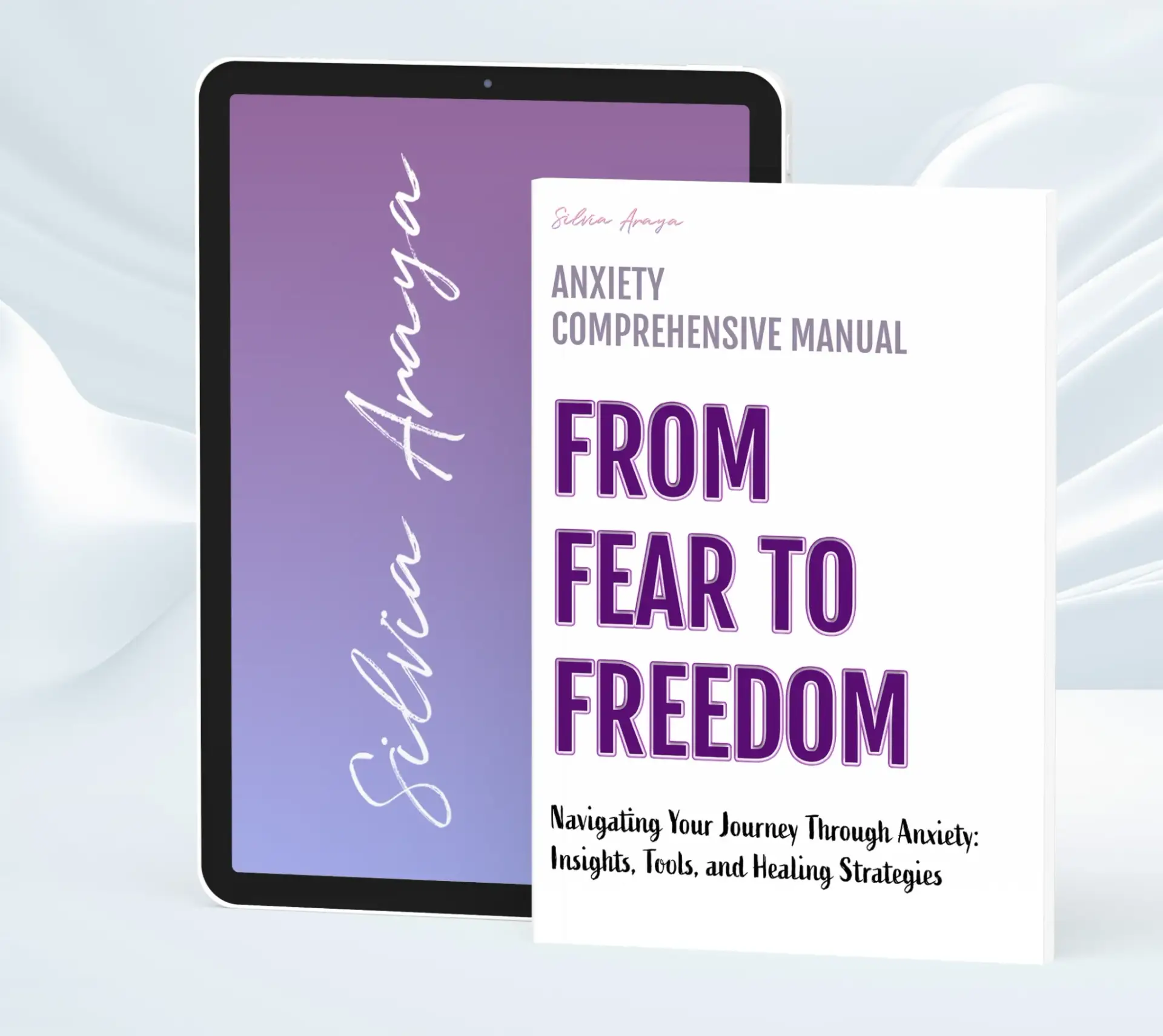Anxiety and trauma can intertwine like a complex knot, leaving you feeling the incessant pull of health-related worries, even long after the traumatic event has passed. If you’re one of the many facing this challenge, the path forward might seem shrouded in uncertainty. How do you untangle this web of fears about your physical well-being, and reclaim a sense of calm and control?
1. Understand the Connections Between Trauma and Health Anxiety
Traumatic experiences don’t just fade away; they linger in the deepest corners of our minds and can resurface in unpredictable ways. Health anxiety, often rooted in a desire to maintain control in the face of perceived health threats, is a common response to trauma. By recognizing the links between your past and present, you can begin to unravel the narrative.
- Fact: Around 70% of chronic mental health conditions are attributed to severe traumatic experiences.
- Personal Story: In my early recovery from a serious accident, every twinge or irregular heartbeat sent me spiraling. I felt utterly defenseless, but over time, I learned to separate past events from present sensations.
2. Form a Trusted Health Professional Team
Crafting a formidable alliance of health professionals serves as ground zero for effective anxiety management. Seek out a team that not only treats your conditions but understands and supports you on your personal battlefields.
- Stat: A study found that individuals with chronic conditions who felt their providers were supportive experienced a 41% reduction in anxiety.
- Expert Insight: Psychologist Dr. Parks extols the value of a cohesive care team in one’s healing process, “Collaboration between mental health practitioners and medical providers offers a more complete picture of patient care.”
3. Foster Mindfulness through Best Practices
Incorporating mindfulness into your daily routine arms you with awareness and a tool for your anxiety-fighting arsenal. Whether through meditation, yoga, or simply being present, mindfulness can be a guiding light in the haze of health worries.
- Figure: 74% of individuals reported a decrease in stress after just one mindfulness session.
- Case Study: Ashley, a trauma survivor, remarks, “Mindfulness doesn’t erase my fears, but it gives me the grace of choice — to react or simply observe.”
4. Construct a Personalized Anxiety Toolkit
One-size-fits-all solutions fall short when the task is as individual as coping with health anxiety. Explore various tools and techniques, creating a customized kit that resonates with your spirit and empowers your personal growth.
- Data: Studies show that personalized coping strategies are 86% more effective than generic interventions.
- Testimonial: Jenny, who crafted her anxiety toolkit, shares, “Some days, it’s herbal tea and a good book; others, intense cardio. My toolkit reminds me I’m not powerless.”
5. Cultivate a Supportive Community
You are not alone on this path. Find solace in the shared experiences of a community that understands the nuanced challenges of health-driven anxiety. Open communication and communal support can work wonders in reducing the weight of your worries.
- Figure: Community support can lower anxiety levels by 65%.
- Story: Tom, a group therapy advocate, professes, “The shift from isolation to a shared experience was the single most impactful change in my healing process.”
6. Anchor in the Present with Structured Activities
The relentless tide of health anxiety often casts us into a tumultuous sea of the past and future. Structured, present-oriented activities can serve as the lifeboats that keep us anchored in the now.
- Result: Engaging in structured daily activities has shown to reduce cognitive anxiety by almost 50%.
- Practice: Christine anchors her day with a morning routine of stretching, journaling, and a balanced breakfast, “It sets the tone for a day where anxiety doesn’t take the lead.”
7. Accommodate Grief and Loss Within Your Journey
An unacknowledged layer of grief often underlies health-conscious anxiety. By welcoming and expressing your grief, you pave the way for a more honest and healing relationship with your fears.
- Study: 87% of anxiety patients reported a reduction in panic attacks after openly addressing grief.
- Insight: Dr. Ellis affirms, “Grief is not a stage to rush through; it’s a vital part of the human psyche that, when accommodated, can significantly reduce anxiety levels.”
8. Engage in Comprehensive Education on Anxiety and Trauma
Knowledge is a potent weapon. Immerse yourself in learning about anxiety and trauma. Enlightening yourself with current and targeted information can demystify your experiences and foster a sense of control.
- Number: 65% of patients reported feeling more in control of their anxiety after educational interventions.
- Experiential Wisdom: Sicily, after an anxiety education workshop, says, “Understanding what happened to me and why my body reacts this way was a game-changer.”
9. Dedicate Time to Self-Compassion and Self-Care
The gentlest acts of kindness toward oneself can be revolutionary. Carve out moments for self-care and self-compassion, treating yourself as you would a cherished friend.
- Study: A week of deliberate self-compassion exercises resulted in a 15% decrease in anxiety levels.
- Testimony: “The simple act of prioritizing myself and my needs has diminished my anxiety to where it’s manageable energy, not overwhelming panic,” confesses Ben, a convert to self-compassion practices.
10. Harness the Transformative Power of Therapy and Holistic Techniques
Therapy and holistic techniques can be the bridges that connect you with your inner healing resources. By engaging in a process of therapeutic exploration, you invite transformation and growth.
- Research: Therapeutic dialogue and holistic practices have been found to reduce health anxiety by 73% in chronic cases.
- Client Insight: “Therapy and its holistic approach gave me agency over my fears. It’s an ongoing negotiation, but I now feel equipped to handle my health anxiety,” says Lila, a therapy advocate.
By incorporating these practical tips into your daily regimen, you’re not just taking a step forward; you’re shaping a new narrative, one of empowerment and genuine living. Remember, each tip is a thread that, woven together, becomes the fabric of a tailored and resilient response to health anxiety.
If Silvia’s clients’ stories and these statistics have resonated with you, if you’ve felt the stirrings of hope within your chest reading these lines, know that the road to recovery is as unique as your fingerprint. It’s time to stop fearing the knots that trauma ties within us and, instead, learn to weave them into a tapestry of strength. Your tale of healing is ready to be written, stitched together with courage and the belief that a life free from the clutches of anxiety is not just a wish. It’s a goal well within reach, and the steps you take today bring it closer tomorrow.







